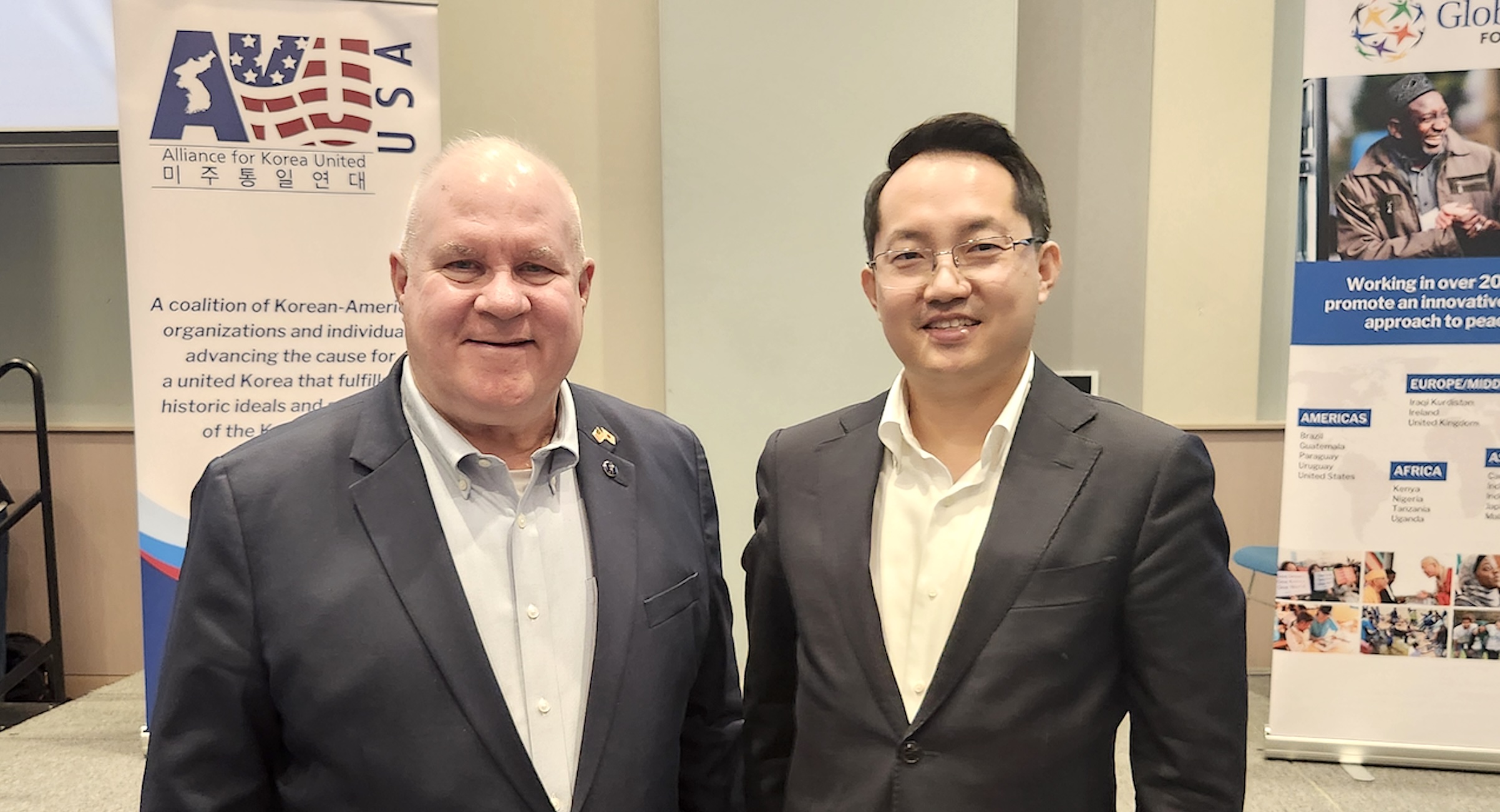ATLANTA, Ga. — In November of 2024, shortly after headlines announced North Korea was deploying troops to fight in Ukraine, Hyunseung Lee drafted an open letter to Ukrainian President Volodymir Zelensky urging him to show restraint.
Describing the North Koreans as “victims of a ruthless deal” between North Korean leader Kim Jong Un and Russian leader Vladimir Putin, Lee pressed for a psychological operation aimed at encouraging North Koreans in Ukraine to defect.
“They are very indoctrinated,” said Lee, who was born to a wealthy family in Pyongyang and spent time training elite North Korean soldiers before defecting in 2014. “That’s why you see so many North Koreans committing suicide on the battlefield while shouting ‘Brave Leader.’”
A report in the Wall Street Journal profiles two North Korean soldiers captured in Ukraine. Both say they knew nothing of where they were being sent or why, and that they were instructed to “evade capture at all costs” even if that meant blowing themselves up.
Lee spoke during a March 3 event at Emory University in Atlanta. Titled “Korean Dream: Pathway to Peace and Freedom,” the event focused on efforts to promote human rights and democracy in North Korea, among the world’s most repressive regimes. It was organized by the Global Peace Foundation and Liberty in North Korea.
The event comes as North Korea continues to deploy troops to Ukraine, deepening its military ties with Moscow. In November, Pyongyang sent some 11,000 soldiers to Ukraine. Reports suggest casualties as high as 30%.
South Korea’s spy agency announced last week that Pyongyang had likely dispatched additional troops to Russia, though the number remains unclear.
While North Korea’s leadership is notoriously opaque, reports suggest Pyongyang hopes to gain nuclear technology and expertise from Moscow as part of the deal, as well as exposing North Korean soldiers to modern warfare and funneling hard currency to the cash-strapped government.
It also comes as US President Donald Trump threatens to withdraw support for Ukraine and has taken steps to minimize or end the US’s role in promoting human rights and democracy abroad.
Advocates say the moves, including the US withdrawal from the United Nations Human Rights Council and the freezing of funds for the National Endowment for Democracy, jeopardize their work in countries like North Korea.
“We need a human rights focused policy,” said retired US Army Colonel David Maxwell, vice president at the Center for Asia Pacific Strategy with the Committee for Human Rights in North Korea. “As the United States, we must support the Korean people in their quest for unification,” he added.
There have been legislative efforts in the past to promote greater freedom in North Korea.
The 2004 North Korean Human Rights Act was designed to increase the availability of information inside North Korea and provide humanitarian assistance to North Korean refugees, including Lee. It expired in 2022. Last year Congresswoman Young Kim (R-CA) introduced the North Korean Human Rights Reauthorization Act of 2023 which would restore many of the original bill’s activities. It remains stalled in Congress.
Meanwhile, there is growing concern in Seoul that the Trump administration could look to distance itself from its 70-year alliance with South Korea—much as it is now doing with Ukraine—and look to negotiate directly with the North Korean leadership. Advocates say they fear that could also mean less pressure on Pyongyang over the issue of human rights.
According to Maxwell, North Korean soldiers are hungry for news of the outside.
“A North Korean solider was arrested for watching a Korean drama, spent six months in a political prison camp and was finally released when he signed a paper saying that he would never watch South Korean dramas again,” noted Maxwell. “However, that promise lasted for five days. Five days. He had a thirst for knowledge and was willing to risk further punishment and seek information. So, we owe it to them to give information about the outside world.”
For Lee, such anecdotes point to the opportunity to reach North Koreans currently fighting in Ukraine and is what initially prompted him to pen his letter to Zelensky. Lee also posted a direct message to North Korean soldiers, in which he describes Russia’s invasion of Ukraine and the ongoing conflict as a “crime against humanity.”
“There is no reason for you to sacrifice your lives on a foreign battlefield,” he says, speaking in Korean. “Kim Jong-un is merely using your lives as a bargaining chip to pocket millions of dollars in secret funds, solely to secure his safety and maintain his power.”
Still, Lee is clear eyed about the challenge of breaking through to North Korean troops. Pointing to their high casualty rates, he says what they lack in technological prowess they make up for in grit and determination, a reflection of the political indoctrination North Koreans experience from a young age.
Military service is compulsory for all North Korean men. The country maintains one of the world’s largest standing armies.
“The military in North Korea does not now have the capacity to conduct mobile warfare, especially fighting against drones and other high-tech weaponry. But I think they are learning, and they will have experience after fighting in Ukraine,” said Lee.
He added, “That is all part of the regime’s strategy.”
Peter Schurmann contributed reporting for this story.




